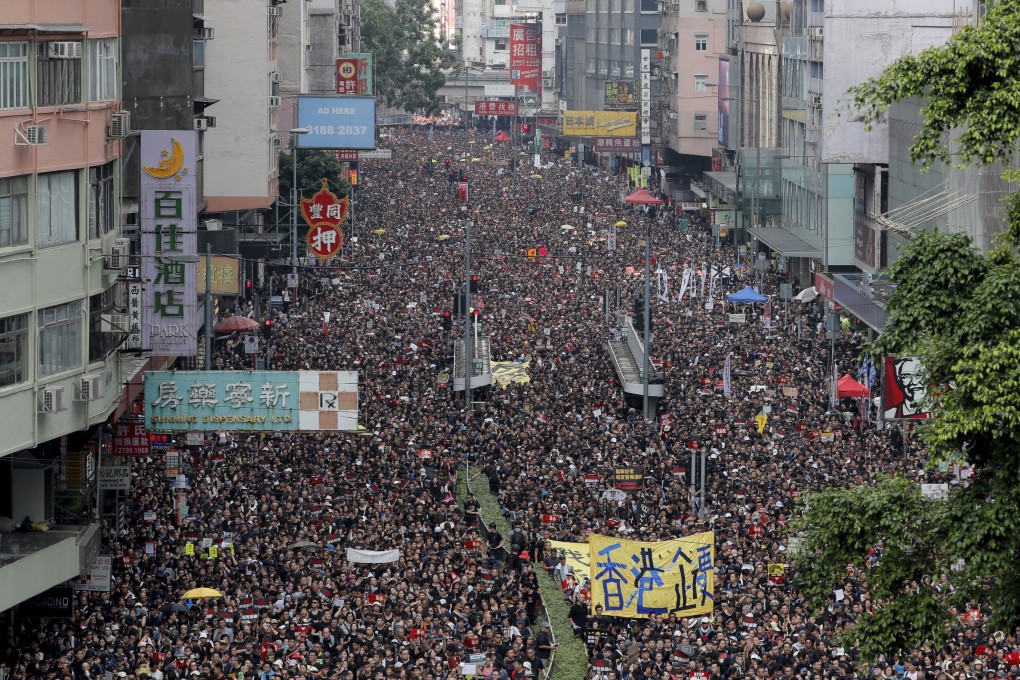Advertisement
Opinion | To Beijing, Hong Kong’s extradition protests are sealing the city’s fate. Can ‘one country, two systems’ survive?
- Hong Kong’s million-strong protests are really directed at Beijing, which will tighten its grip on Hong Kong’s elections, and ramp up the city’s economic and political integration. But Hongkongers still have a chance to control their own destiny
Reading Time:4 minutes
Why you can trust SCMP

Hongkongers have marched against the extradition bill by the million – highlighting the depth of their distrust in the mainland judicial system and the central government. This mistrust, accumulated over the years, will not only directly affect how the Beijing and Hong Kong governments handle this situation, but also shape the administrative arrangement for Hong Kong that will eventually replace “one country, two systems”.
Chief Executive Carrie Lam Cheng Yuet-ngor has apologised to the public, and shelved the plan to allow extraditions to the mainland. But the protesters are still dissatisfied, demanding the withdrawal of the bill. The central government holds the key to the problem. How Beijing – especially President Xi Jinping – considers the protests will largely determine the Hong Kong government’s follow-up, and, ultimately, Hong Kong’s fate.
On the surface, the protests were aimed at the Hong Kong government, but in reality they also targeted Beijing. Given Xi’s strongman politics and combativeness against political opponents, he would not like the idea of backing down after a couple of million-strong protests. This would not only undermine the authority of the central government, but also be taken as a personal affront. It’s possible that Xi will harden his attitude towards the protests after he meets Donald Trump at the G20 summit and China weathers the trade war.
Advertisement
Regardless of the outcome of the protests, they will worsen Beijing’s negative perception of Hong Kong, and accelerate the pace of Hong Kong’s political and economic integration with the mainland. In the overall development of China, the marginalisation of Hong Kong is inevitable. At the end of Hong Kong’s 50-year transition period, “one country, two systems” will exist, if at all, in name but not in substance.
Assuming that the opposition prevails in the contest of wills over extradition, the first thing to come under threat will be democracy in Hong Kong. Beijing has a deeper fear of democracy, and of the opposition seizing the momentum to pursue again an open chief executive election, so it would just tighten its grip on the election.
Advertisement
Advertisement
Select Voice
Select Speed
1.00x
